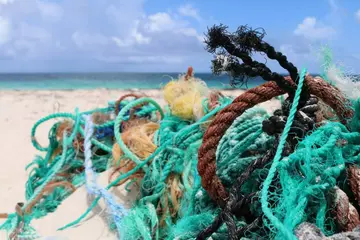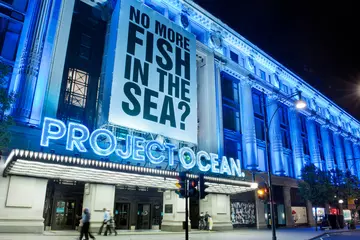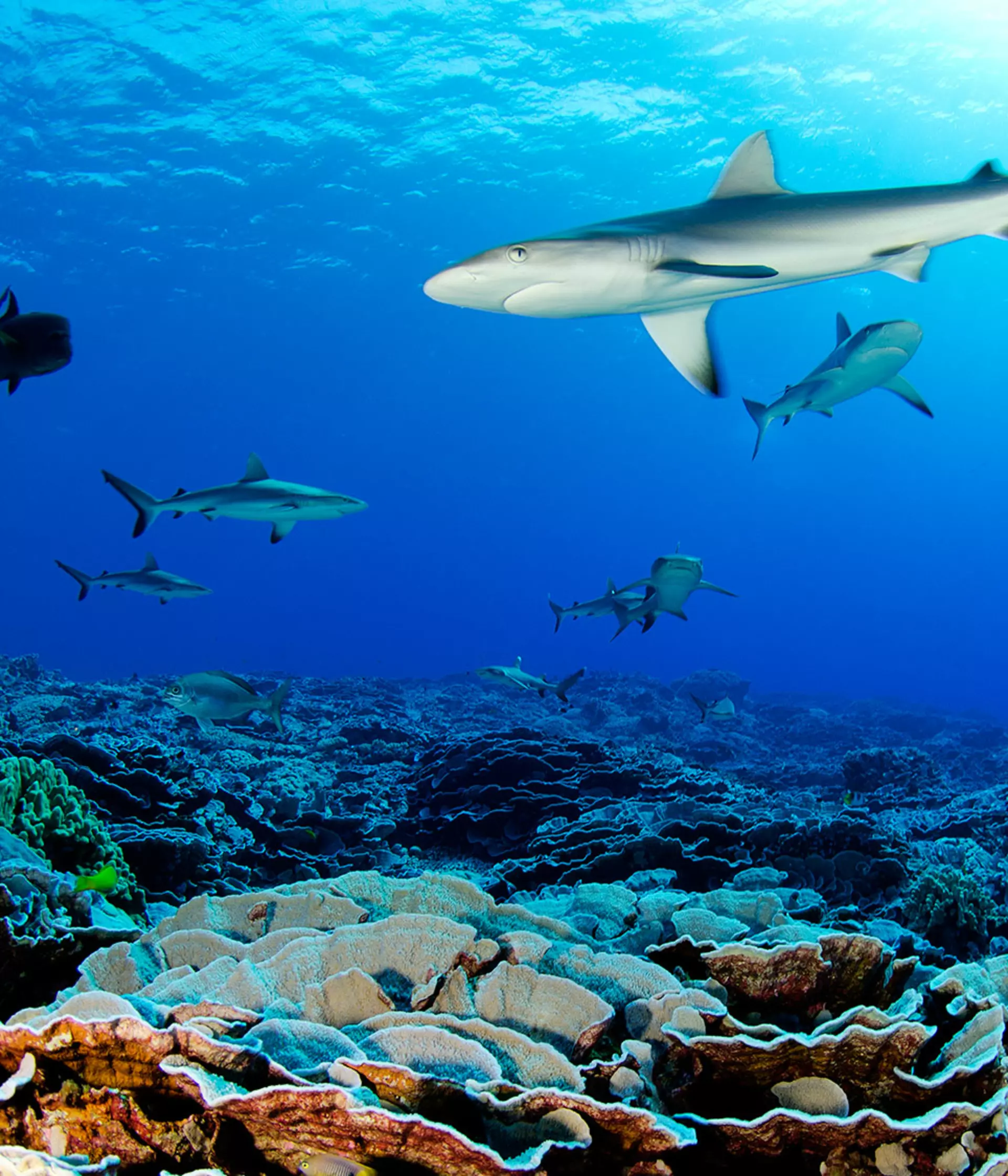
By 2025 there will be one tonne of plastic for every three tonnes of fish in the world’s oceans if nothing changes.
A substantial amount of plastic in our oceans comes from consumer waste. Plastic bottles, for example, can take between 450-1,000 years to break down into smaller pieces, and the lifespan of the resulting microplastics is even longer. These microplastics can be ingested by marine animals, passing up the food chain and causing toxic harm. But it isn't too late to make a difference. When we join together everything is possible.

How can we help to reduce plastic pollution in our oceans?
On an individual level we can all think more carefully about our consumer choices, avoid single-use plastic and recycle what we do use. Remember that the plastic that we use in our everyday lives may end up contributing to this global ocean problem.
On a larger scale it’s important for business and industry to be innovative in the approach to managing plastic. For example, as well as our Project Ocean partnership, ZSL has worked with the carpet manufacturer Interface on Net-Works, where discarded plastic fishing nets were collected from the ocean by local communities and recycled into carpet tiles.
About Project Ocean
The information around marine conservation hasn't always been clear, accessible or communicated successfully to wide audiences. With this in mind, back in 2011, ZSL teamed up with luxury department store, Selfridges and created ‘Project Ocean’, with a mission to take ocean conservation issues to brand new audiences and help protect and restore the ocean.
Through our Project Ocean partnership, Selfridges led the charge to say no to single-use plastic water bottles, which are unnecessary when we have healthy water in our taps and easy access to reusable vessels.
Together, we worked to make a positive difference to the health of the ocean by changing consumer buying habits and communicating solutions to the threats our ocean faces in constructive, compelling, and inspiring ways.

Project Ocean's achievements
- In its first year, Project Ocean reached over 20 million people and raised enough funding to create the 50-hectare community-managed Selfridges marine reserve in the Philippines, which Selfridges continues to support.
- In 2012 Project Ocean created a global movement for marine protection through establishing the Marine Reserves Coalition (MRC), now Great British Oceans.
- In 2015, Project Ocean turned to the issue of ocean plastic pollution, with Selfridges taking action to remove single-use plastic water bottles from across the business. The following year, inspired by the success of this initiative, ZSL and partners launched the #OneLess campaign to eliminate single-use plastic water bottles across London. Selfridges continues to be a pioneer in the #OneLess movement.
- In May 2017, Selfridges and ZSL claimed the ‘Best Partnership with a National Charity’ prize for Project Ocean at the Better Society Awards and also won ‘Best Partnership in the Community’ at the National CSR Awards.
- As a retail activist, Selfridges led Project Ocean by example, ensuring its food halls and restaurants do not serve endangered fish and that its beauty halls are 100% free from shark oil and shark by-products. In 2020, Selfridges removed all plastic-based cosmetic glitter from its stores and launched Project Earth.
